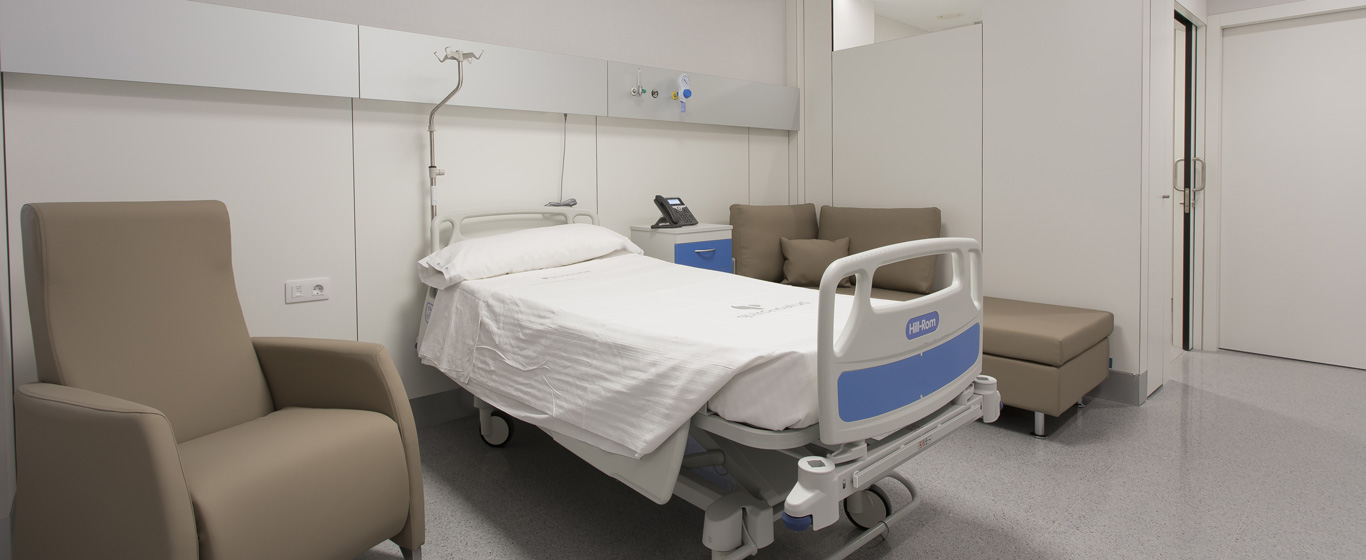Chickenpox
When is chickenpox contagious? Learn everything about the causes, symptoms, and treatment for the herpes zoster virus infection.
Symptoms and Causes
Chickenpox is an infectious disease caused by the herpes zoster virus, also known as varicella-zoster virus. Although it is highly contagious, high vaccination rates in modern Spanish society have significantly reduced both its incidence and severity.
The incubation period for chickenpox ranges from seven to twenty-one days, making prevention more challenging and facilitating its spread. It primarily affects children under the age of ten, though cases also occur in adults.
Symptoms
The symptoms of chickenpox are highly recognizable. The most notable include:
- Skin lesions: Rash (red papules), vesicles (fluid-filled blisters containing the infection), scabs, and crusts that appear when the blisters break.
- Headache.
- Itching.
- Fever.
- Fatigue.
Causes
Chickenpox is caused by the varicella-zoster virus, which spreads through the air (when an infected person coughs or sneezes, they release respiratory droplets containing the virus) or through direct contact with blisters, scabs, or contaminated objects.
Risk Factors
The most significant risk factors for contracting chickenpox include:
- Being in contact with an infected person.
- Not being vaccinated.
- Never having had chickenpox before.
Complications
In general, chickenpox is a mild disease with no complications. However, in rare cases, it may lead to:
- Bacterial skin infections, especially if the blisters are scratched.
- Reye's syndrome, which causes brain and liver damage if children take aspirin while infected with chickenpox.
- Pneumonia.
- Encephalitis.
Women who contract chickenpox during pregnancy are at risk of having babies with low birth weight or a potentially life-threatening infection.
Prevention
As with all infectious diseases, avoiding contact with infected individuals is the best way to prevent contagion. In the case of chickenpox, vaccination is the most effective form of prevention.
Which Doctor Treats Chickenpox?
Specialists in Pediatrics and Infectious Diseases diagnose and treat chickenpox.
Diagnosis
Diagnosing chickenpox is simple and usually based on observing skin lesions.
Treatment
In most cases, no specific treatment is required for chickenpox beyond symptom relief. To prevent complications from scratching the blisters, antipruritic or antihistamine medications are often used to reduce itching. If pain or fever needs to be treated, aspirin should be avoided to prevent the risk of developing Reye’s syndrome.





















































